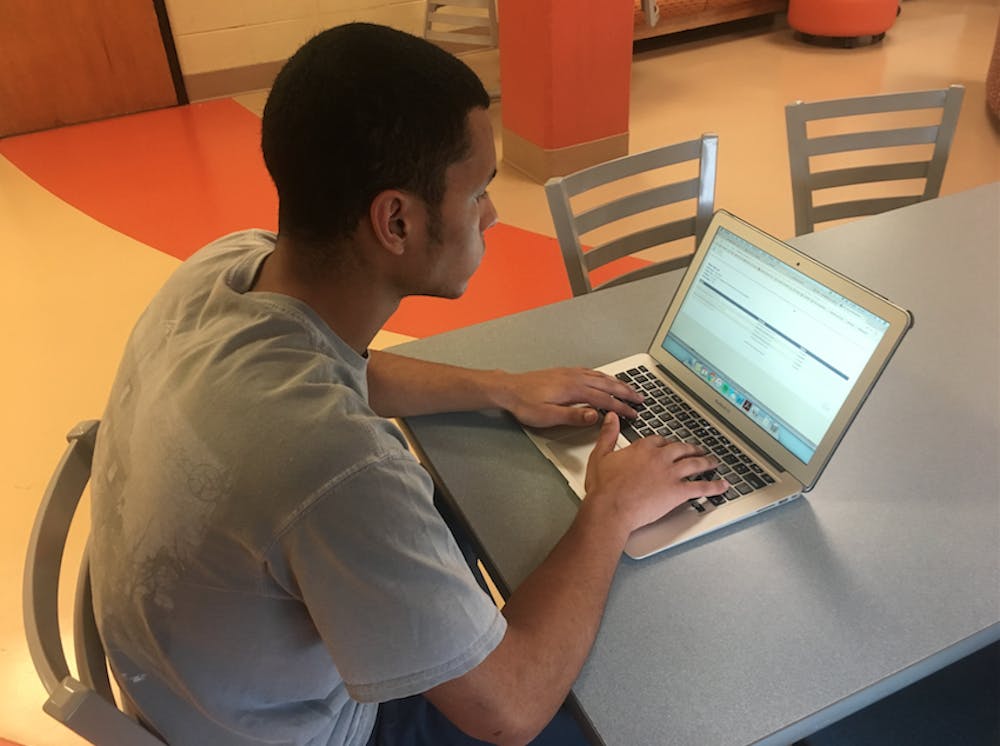With finals around the corner, students in Chapel Hill are taking study breaks by agreeing or disagreeing if “the course challenged (them) to think deeply about the subject matter," and selecting an empty bubble.
While students stress about semester examinations, instructors have begun to fret over their course evaluations, which are finalized on Wednesday night, Dec. 6.
Since mid-November, students have received emails requesting completion of course evaluations. The form can only be accessed with an ONYEN, however all responses are anonymous. Although student participation is not required, the UNC System Board of Governors policy mandates student feedback be a part of faculty assessments.
Evaluations are administered through colleges within the university, as well as through Business, Law and Medicine professional schools. It is within the discretion of each dean to decide what questions will be added on to each survey and how teachers within the department will be evaluated.
“I am measured against my department,” said English teaching assistant professor Courtney Rivard. “You get a data visualization and you can see how you compare with fellow faculty.”
The Office of Institutional Research and Assessment compiles and distributes the results to course instructors. The report Rivard ordinarily sees includes a summary, breakdowns of responses to each quantitative question, and all written answers to open-ended questions. OIRA also provides links and contacts to instructors looking to better understand survey results and strategize improvements.
Although some teachers rely solely on the end of semester evaluations, others request that students evaluate themselves and class multiple times throughout the course. Peter Diao, a math lecturer, asks students to evaluate him throughout the semester. First-year Caroline Sargent appreciated this.
“He cared about us in the way that he always had office hours," Sargent said. "He had study sessions before tests, and he started every class by checking in with us.”
Sargent’s belief that a teacher’s passion and effort toward their students result in positive evaluations aligns with many other students, even those who gave negative reviews.




